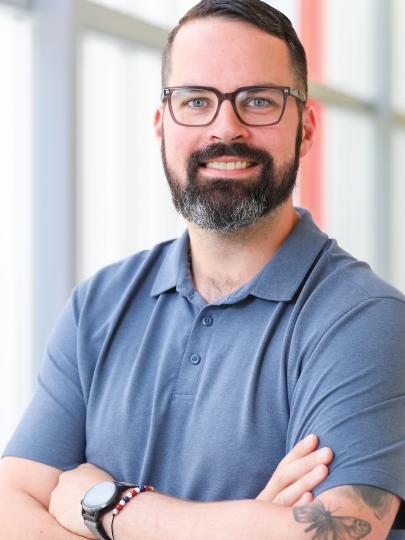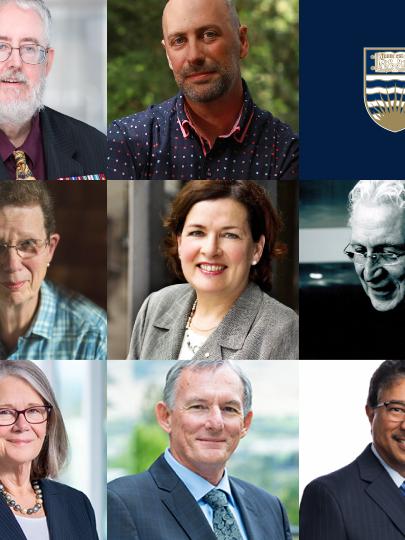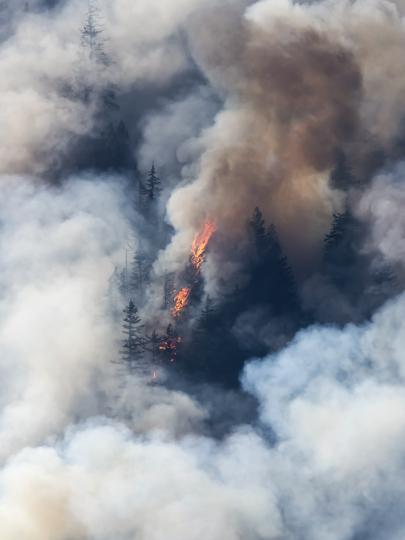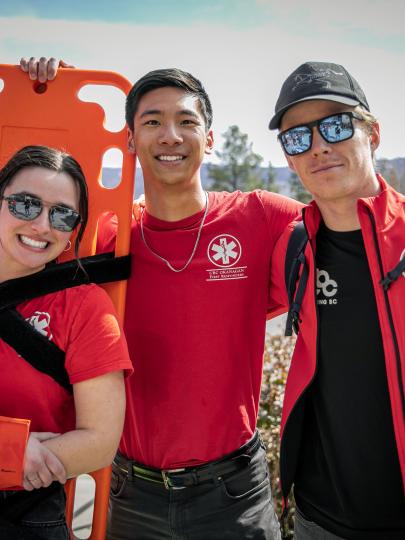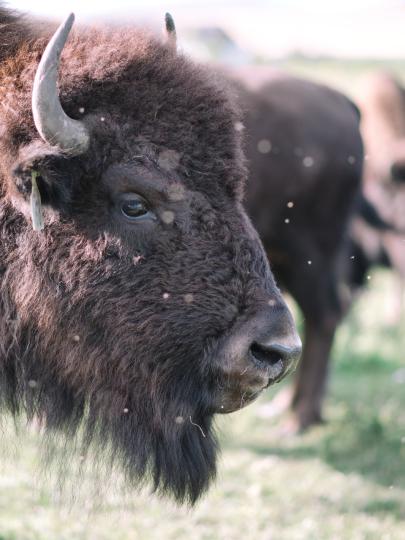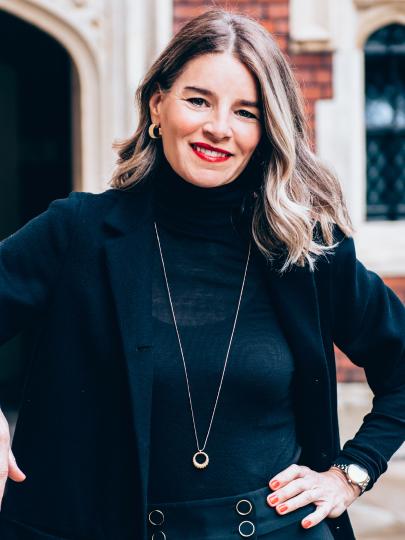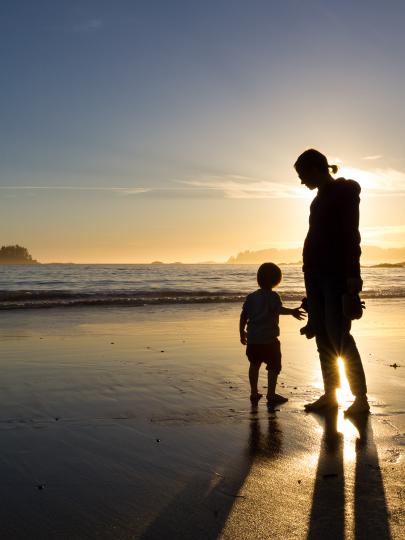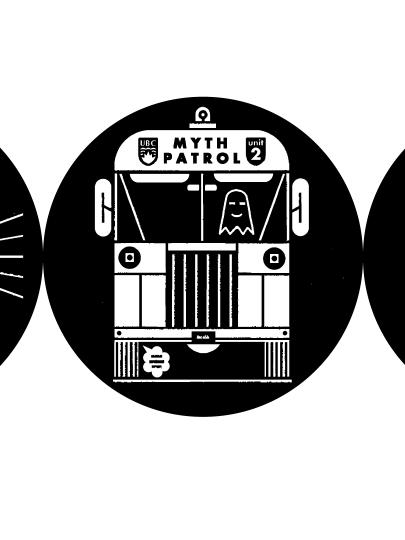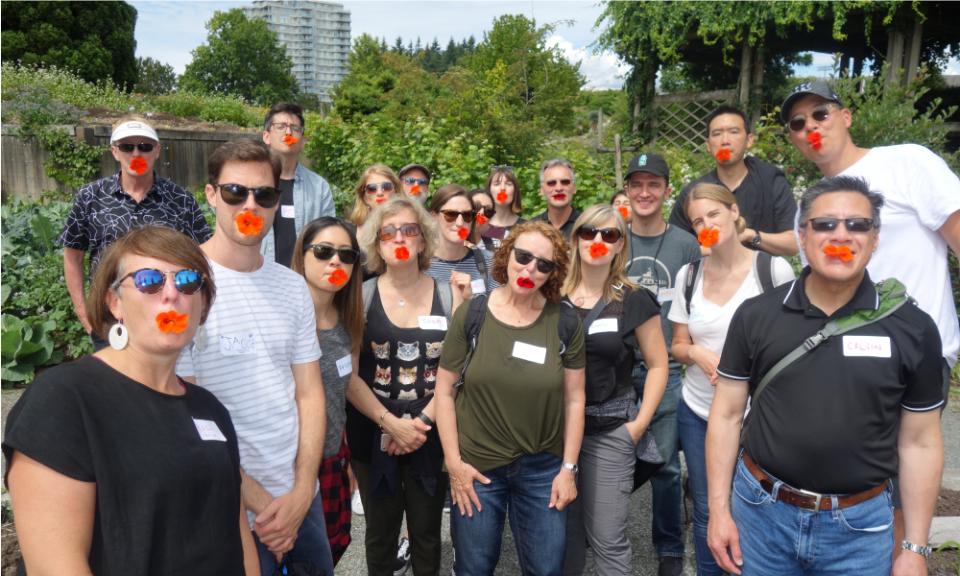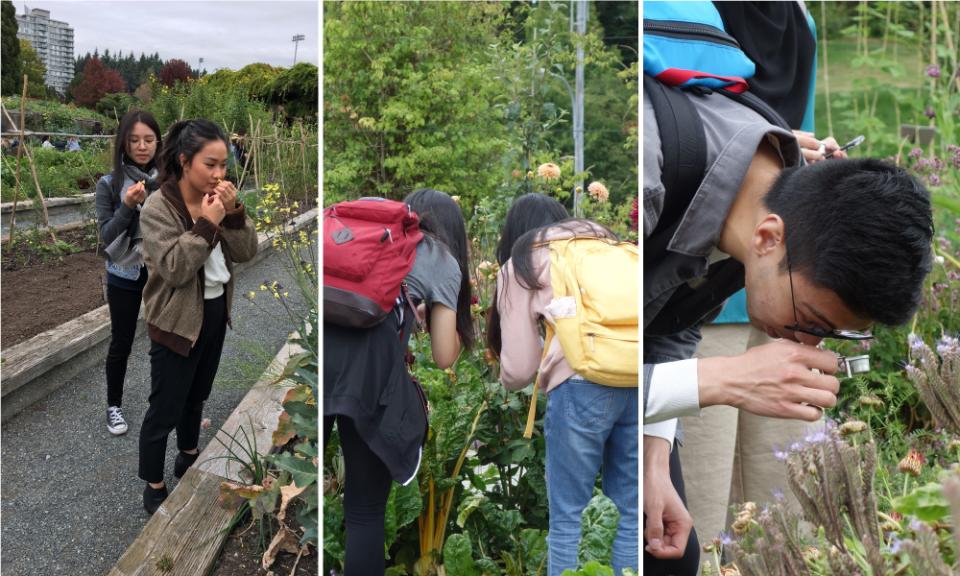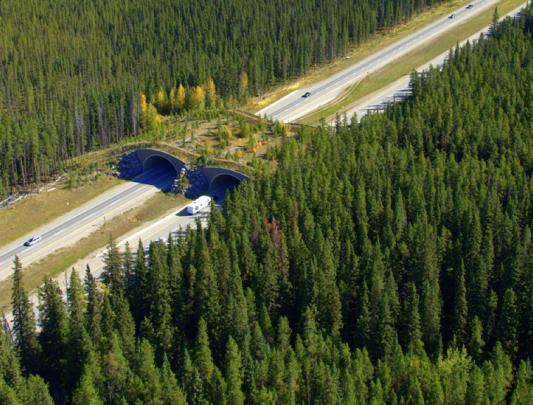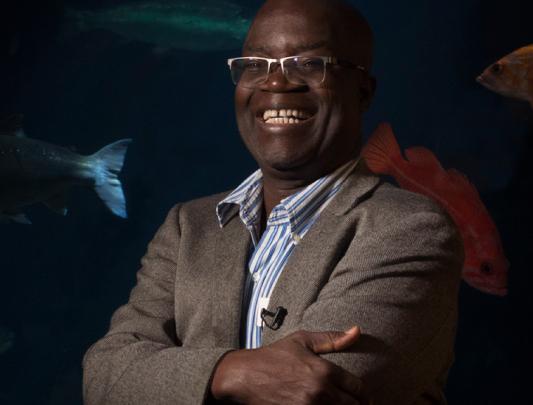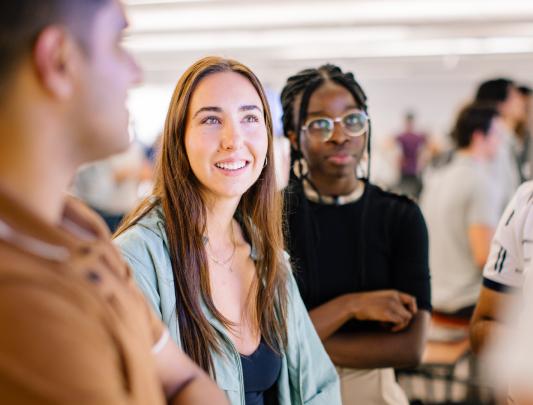Botanical gardens aim to cure “plant blindness”
Vanishing animals command headlines, but declining plant diversity also imperils humans
From our perches in the urban jungle – or even in the leafier parts of suburbia – we often have a tough time naming the last plant we saw. Even if we just ate part of it. This is a symptom of “plant blindness,” a term coined two decades ago by researchers who showed that modern civilization is perilously disconnected from the plant kingdom. Our blindness has progressed even further since then, to the point where we hardly recognize the plants that feed us every day.
That threat came sharply into view this spring when the United Nations reported that one million plant and animal species are at risk of extinction. Much attention focused on loss of animals – particularly the rhinos and other large charismatic ones. But the decline of plants should be just as unnerving, say researchers in a paper published shortly after in the journal Plants, People, Planet.
While all species have an intrinsic value, plants also provide tangible environmental, economic and cultural benefits. Even the wild ones. Plant breeders have used wild tomatoes, for instance, to increase resistance to pests and diseases so that the crop can be grown on a large scale. Other plants remediate polluted soils, or provide people with construction materials and medicines. And all plants clean and regulate the air we breathe.
“Unfortunately, we’re losing species faster than we can study and account for them,” says Tara Moreau, associate director of Sustainability and Community Programs at the UBC Botanical Garden and a co-author of the study. “Plant extinction should not be an option, and public education is key.”
As people worldwide become ever more urban, it is not surprising that plants become less visible in our lives. What is surprising is how far we have departed from knowing even the food plants that we still interact with every day, at every meal.
“It’s amazing how many people don’t even know what a potato plant is,” says Moreau. Despite this disconnect, she and her fellow study authors say that food plants can still offer a bridge to reintroduce people to the world of plants in general, as well as to the vital work of conservationists.
People’s connection (or lack of connection) with the natural world has long been recognized by social scientists as having a significant influence upon their outlook and actions. Moreau also points to recent studies suggesting that nature itself has beneficial effects on cognition and well-being. It’s reasonable to surmise, then, that sustainability education offered in a natural setting could be a powerful way of increasing the public’s appreciation of plants and the urgency of safeguarding biodiversity.
Visited by more than 250 million people every year, the world’s botanical gardens are crucial allies for addressing plant blindness, and the researchers’ paper describes a range of informal education initiatives – including one at UBC – that have already emerged from collaborations between botanical gardens and related organizations, and often with a focus on food and agricultural plants.
“Food literacy – engaging people on understanding where our food comes from – has long been a focus of my work,” says Moreau, who is a former consultant with the UN’s Food and Agriculture Organization. While doing her post-doc at UBC, she started an urban farmer field school that integrated climate change education. It was popular, but Moreau soon realized she was preaching to the choir. “They already got it. They got sustainability, they got the food connection – that’s why they were there. I was interested in reaching the people that don’t get it, that don’t feel connected, that would never look for a workshop like this.”
After taking up her position at the UBC Botanical Garden, Moreau established the Sustainable Communities Field School field in 2015, in collaboration with a local non-profit called SPEC (Society Promoting Environmental Conservation). They purposely targeted local businesses and organizations, offering them team‑building workshops in the context of learning about plants and being in nature.
Much of the field schooling takes place in the food garden, which was established in the 1980s and contains about three-hundred food plants – from furry little kiwifruit to red-stemmed rhubarb to delicately fragranced herbs. It’s an intentionally sensory experience, with participants encouraged to smell, touch, taste, listen and look closely.
By focusing on food plants as an educational tool, Moreau says she is capitalizing on the existing public interest in various food movements, cooking, celebrity chefs and special diets.
“I feel like I’m a dating website, where I’m trying to connect people to plants and finding the right match. Some people connect to plants through food, some people connect to plants as medicine, other people just love forests.”
The team-building exercises are based on communication and problem‑solving around four main topics: sustainable food choices, biodiversity conservation, waste reduction, and water conservation. If a team expresses interest, Moreau is happy to tackle more complex topics such as global food systems or food poverty.
The intention is that participants become more conscious of their habits and the consequences of their choices. “The goal is critical food literacy,” says Moreau, “so that people are equipped with questions that they can ask and answer when they’re out in their day-to-day life: ‘How would I bring in a plant‑based diet into this catering event that I’m organizing?’ or ‘how do we better support this in our workplace?’”
Moreau was inspired by field schools run by the UN in the 1980s for farmers in Asia and Africa, aimed at mobilizing community knowledge to reduce the use of pesticides. Rather than relying on outside experts coming in and calling the shots, the schools tapped into local knowledge around these practices – opening a dialogue, empowering the farmers, and getting buy-in.
“I feel like I’m a dating website, where I’m trying to connect people to plants and finding the right match. Some people connect to plants through food, some people connect to plants as medicine, other people just love forests.”
Because the UBC field school’s ultimate aim is behaviour change, psychology is employed in its design. “We use behavioural science to inform how we communicate,” says Moreau. This is the domain of research faculty partner Jiaying Zhao, whose work focuses on how cognitive science can contribute to sustainability. Based on an examination of the cognitive, motivational, and sociocultural factors that shape perceptions of climate change, she looks for optimal ways to engage the public on biodiversity conservation.
As a result, the program is less prescriptive that it has been in the past. The tour guides celebrate what people are already doing and encourage them to think and do more, rather than chastising them for not doing enough. There is more emphasis on exchange and discussion, and less on expert decree. “Should” and “ought” have never been the greatest motivators.
In 2017 Moreau, Zhao and their research colleagues at UBC tested their educational model by surveying field school participants, as well as general visitors to the garden. They found the field school participants to be more knowledgeable about environmental issues after completing the program. They were also more connected to nature, and more willing to engage in pro‑environmental behaviours compared with other garden visitors.
Encouraged by the findings, Moreau established and chairs a group to support food literacy programming in other public gardens around North America, freely sharing the curricula her team has developed. “As an educator, ultimately I want people to feel connected to nature,” she says. “If people aren’t connected to the natural landscape, they’re not going to be allies in helping to protect it.”


